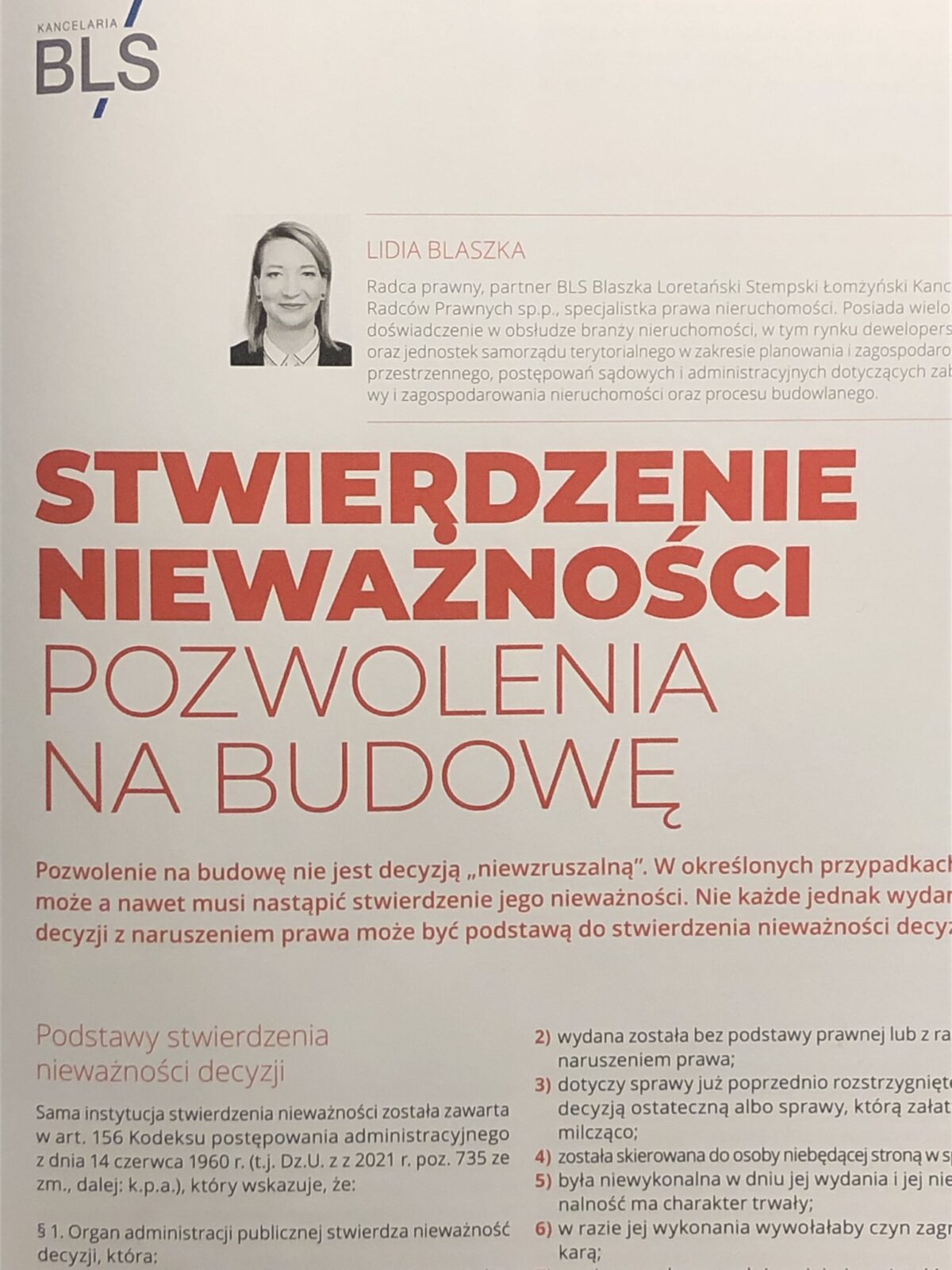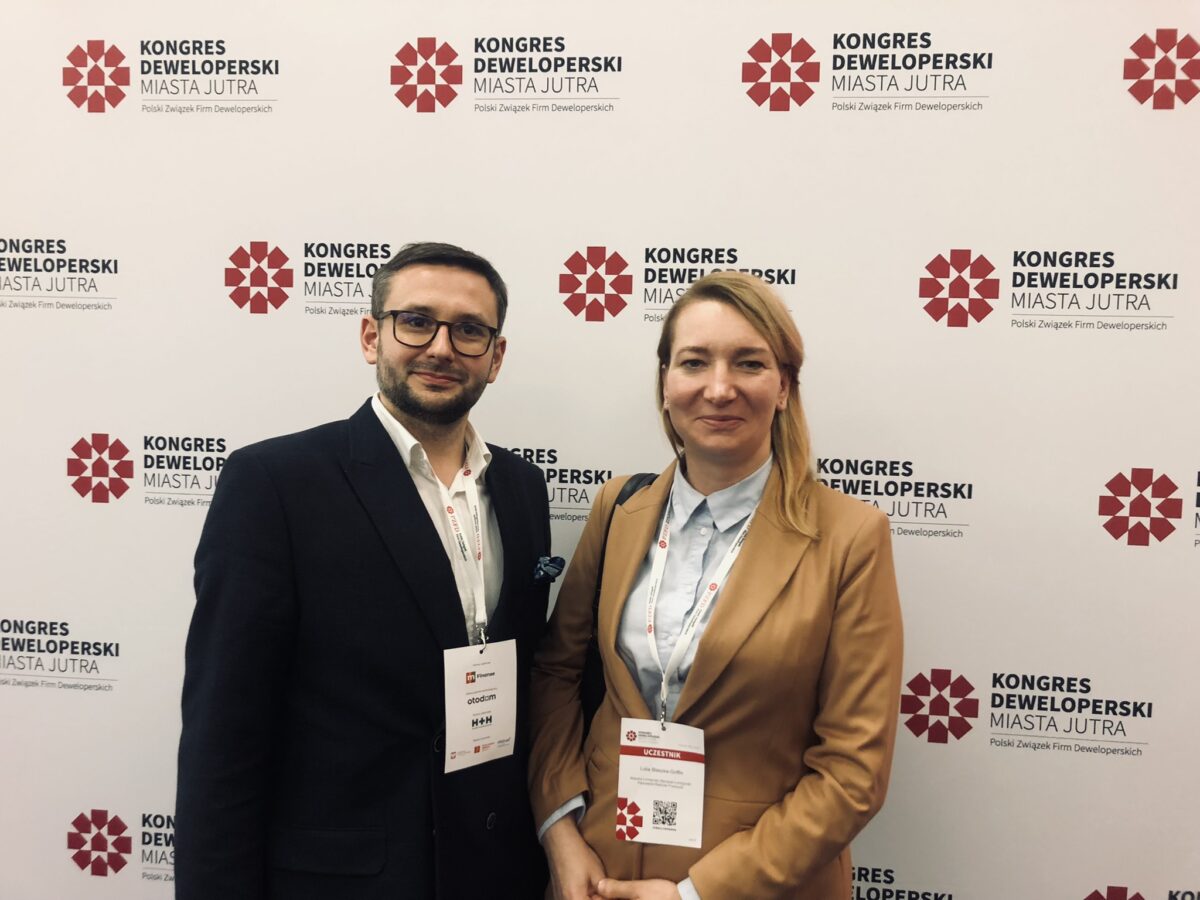The procedure for legalizing a construction without a building permit consists of several stages. After conducting an evidentiary proceeding to determine whether the reported property constitutes a bconstruction without a building permit, the building supervision authority, acting in particular on the basis of the content of Article 48 paragraphs 1 and 3 of the Building Law, issues appropriate decisions.
Among other things, the authority decides to suspend the execution of construction works, informs on the possibility of filing an application for the legalization of a construction without a building permit, and also imposes an obligation to pay the so-called legalization fee.
Determination and payment of the legalization fee is a condition for legalization of a construction without a building permit, while failure to pay the fee results in the obligation of the cbuilding supervision authority to issue a decision on demolition of the building.
The amount of the legalization fee is affected by various factors, which include the category of the construction object and the coefficient assigned to it, as well as the coefficient for the size of the object. Meanwhile, the values for each category of object are regulated in the annex to the Building Law. In turn, which coefficient will be used in a given case depends on the facts established and adopted by the authority conducting the proceedings. In view of this, it is the building supervision authority that determines how the object should be classified, determines its size and, on this basis, determines the amount of the legalization fee.
However, what happens if, in the course of the proceedings, the authority erroneously determined the facts of the case, assigning the construction object to the wrong category, or admittedly correctly determined the facts, but in the decision setting the amount of the legalization fee applied the wrong coefficients? And what if he did it correctly but wanted to change the legalization fee for other reasons? In such a case, can the authority, based on the content of Article 113 § 1 of the Act of June 14, 1960, the Code of Administrative Procedure (i.e., Journal of Laws of 2021, item 735, as amended – hereinafter the Code of Administrative Procedure), change the amount of the fee by correcting an obvious clerical error?
In one of our cases, the District Inspector of Building Supervision tried to change precisely the amount of the previously established legalization fee.
Why couldn’t he do so, based on the content of Article 113 § 1 of the Code of Administrative Procedure?
In the body of the complaint, arguments were presented indicating that the above ruling was unjustified, among other reasons, due to the fact that the change made by the supervisory authority could not be qualified as having the character of correcting an obvious clerical error. The amendment constituted a substantive change to the ruling and referred to the determination of an element of the facts of the case in the form of determining the purpose of the part of the building subject to legalization. These findings, in turn, affected the components determining the amount of the legalization fee – which put the parties to the proceedings in a different legal position.
Judicial case law give the terms: “clerical and calculation errors” and “other obvious mistakes” specific meaning. In fact, a calculation error is understood as a mistake in the performance of a mathematical operation, e.g., addition or division, while a clerical error is understood as an apparent misuse of a word, a misspelling or an apparent unintentional omission of one or more words, contrary to the authority’s intention (so NSA, among others, in the judgment of February 10, 1994, ref. SA/Kr 723/93 – ONSA 1995 no. 2, item 65).
The purpose of applying the procedure set forth in the provision of Article 113 § 1 of the Code of Administrative Procedure remains the repair of the disturbed connection between the will (intention) of the authority and its defective, erroneous externalization, and only with regard to some specific, irrelevant character of the defect contained in the decision itself. The field of action of the public administration body designated by the above-mentioned provision is limited only to clarifying to the party the doubts raised about the expressions used in the decision, unclear wording or abbreviations used that make it difficult to determine the meaning of the decision, and may not lead to a change in the decision (see the judgment of the Supreme Administrative Court of September 26, 2008, ref. II FSK 943/07).
A decision to correct a decision issued on the basis of Article 113 § 1 of the Code of Administrative Procedure may not shape the legal situation of a party, since such an effect, either in the sphere of material and legal relations or in the sphere of procedural relations, may be produced only by the decision to which the correction relates (cf. the judgment of the Supreme Administrative Court of March 20, 2008, ref. II GSK 397/07).
By determining the amount of the legalization fee in a different way through a different qualification of the property in question and categorizing it not, as had been the case in previous rulings, as a single-family residential building, but as catering trade buildings, the supervisory authority made a substantive change.
The Wielkopolski Regional Inspector of Building Supervision, reviewing the issue in question, fully shared the position expressed in our complaint and indicated that the District Inspectorate of Building Supervision was not authorized to change the decision in the scope presented, while revoking the appealed decision.
The appellate authority explicitly pointed out that the changes proposed as a result of the rectification are not changes having the characteristics of an obvious clerical error and errors immediately noticeable without the need for analysis and examination of the case file. It was also emphasized that the institution of rectification of a clerical, accounting or other obvious error cannot be used by the authority as an instrument for correcting procedural errors committed by the authority.
Therefore, the building supervision authority may not arbitrarily make changes to its decisions – especially on such an important issue as the legalization fee, which largely shapes the course of legalization proceedings. Since the fee was established on the basis of a certain factual situation, it cannot be subsequently changed by rectification, which would ultimately lead to the calculation of a different legalization fee.
By attorney at law Żaneta Gościej










